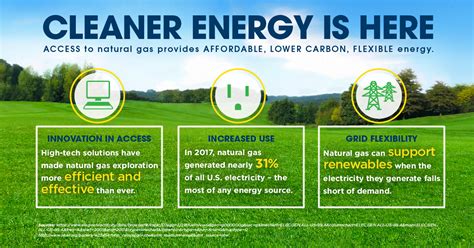Effective Gas Tank Cleaning: The Natural Solution
A dirty gas tank can significantly impact your vehicle's performance, leading to decreased fuel efficiency, engine sputtering, and even costly repairs. While professional cleaning services exist, exploring natural solutions offers a cost-effective and environmentally friendly alternative. This comprehensive guide delves into the science behind gas tank contamination, explores natural cleaning methods, and provides practical tips for maintaining a clean fuel system. We'll also address some frequently asked questions to ensure you have all the information you need for effective gas tank cleaning.
Why is a Clean Gas Tank Important?
Your vehicle's fuel system is a delicate mechanism. Over time, the gas tank accumulates sediment, rust, water, and other contaminants that can negatively impact its performance. These impurities can clog fuel injectors, damage the fuel pump, and lead to incomplete combustion. This results in reduced fuel economy, decreased engine power, and potential long-term engine damage. A clean gas tank ensures optimal fuel delivery and contributes to the longevity of your vehicle's engine.
What Causes a Dirty Gas Tank?
Several factors contribute to a dirty gas tank:
- Poor Quality Fuel: Fuel containing high levels of impurities or ethanol can leave residue behind.
- Condensation: Moisture accumulating within the tank can mix with fuel and create a breeding ground for bacteria and rust.
- Rust and Corrosion: Over time, the inside of the gas tank can rust, particularly in older vehicles.
- Sediment and Debris: Particles from the fuel itself or from the tank's manufacturing process can settle over time.
Natural Gas Tank Cleaning Methods: A Step-by-Step Guide
While harsh chemicals are often used for professional cleaning, several natural methods can effectively cleanse your gas tank. Remember to always consult your vehicle's owner's manual before attempting any cleaning method.
Method 1: Using Ethanol-Free Gas and a Fuel System Cleaner
This is perhaps the simplest and most effective natural approach. Using higher quality, ethanol-free gasoline minimizes the residue left behind. Supplement this with a fuel system cleaner designed for natural cleaning agents (ensure it's compatible with your vehicle). Follow the cleaner's instructions carefully. This method helps remove existing deposits and prevent future build-up.
Method 2: Employing a Biodegradable Fuel Additive
Certain biodegradable fuel additives claim to clean your fuel system naturally. These usually contain enzymes or other naturally derived cleaning agents. Again, ensure compatibility with your vehicle and follow the manufacturer's instructions precisely.
Method 3: Regular Fuel Filter Changes (Preventive Maintenance)
While not directly cleaning the gas tank, frequently replacing your fuel filter is crucial preventative maintenance. A clogged fuel filter can exacerbate the problems caused by a dirty tank and prevent the efficient delivery of clean fuel. Check your vehicle's maintenance schedule for the recommended replacement interval.
Frequently Asked Questions (FAQs)
How often should I clean my gas tank?
The frequency depends on several factors, including the age of your vehicle, fuel quality, and driving habits. For most vehicles, a thorough cleaning every 2-3 years, or as needed if you notice performance issues, is often sufficient. Regular fuel filter changes and using high-quality fuel are excellent preventative measures.
What are the signs of a dirty gas tank?
Signs include: decreased fuel economy, engine sputtering or hesitation, rough idling, difficulty starting, and a noticeable decrease in engine power.
Can I use white vinegar to clean my gas tank?
No. While vinegar is a natural cleaning agent, it's not suitable for use in a gas tank. It can damage engine components and is not compatible with gasoline. Stick to approved fuel system cleaners or the methods mentioned above.
Are there any risks associated with natural gas tank cleaning?
While generally safer than harsh chemicals, there are still risks. Always ensure you're using compatible products, follow instructions carefully, and exercise caution when working with gasoline or fuel system components. If you're unsure, consult a qualified mechanic.
What are the benefits of natural gas tank cleaning over chemical methods?
Natural methods generally offer a more environmentally friendly approach, avoid harsh chemicals that could potentially harm your engine, and are often more affordable.
Conclusion
Maintaining a clean gas tank is crucial for optimal vehicle performance and longevity. While professional cleaning is an option, exploring natural methods offers a cost-effective and environmentally conscious alternative. By combining high-quality fuel, regular fuel filter changes, and potentially a suitable fuel system cleaner, you can keep your gas tank clean and your vehicle running smoothly for years to come. Always prioritize safety and consult your vehicle's owner's manual before attempting any cleaning procedure.

